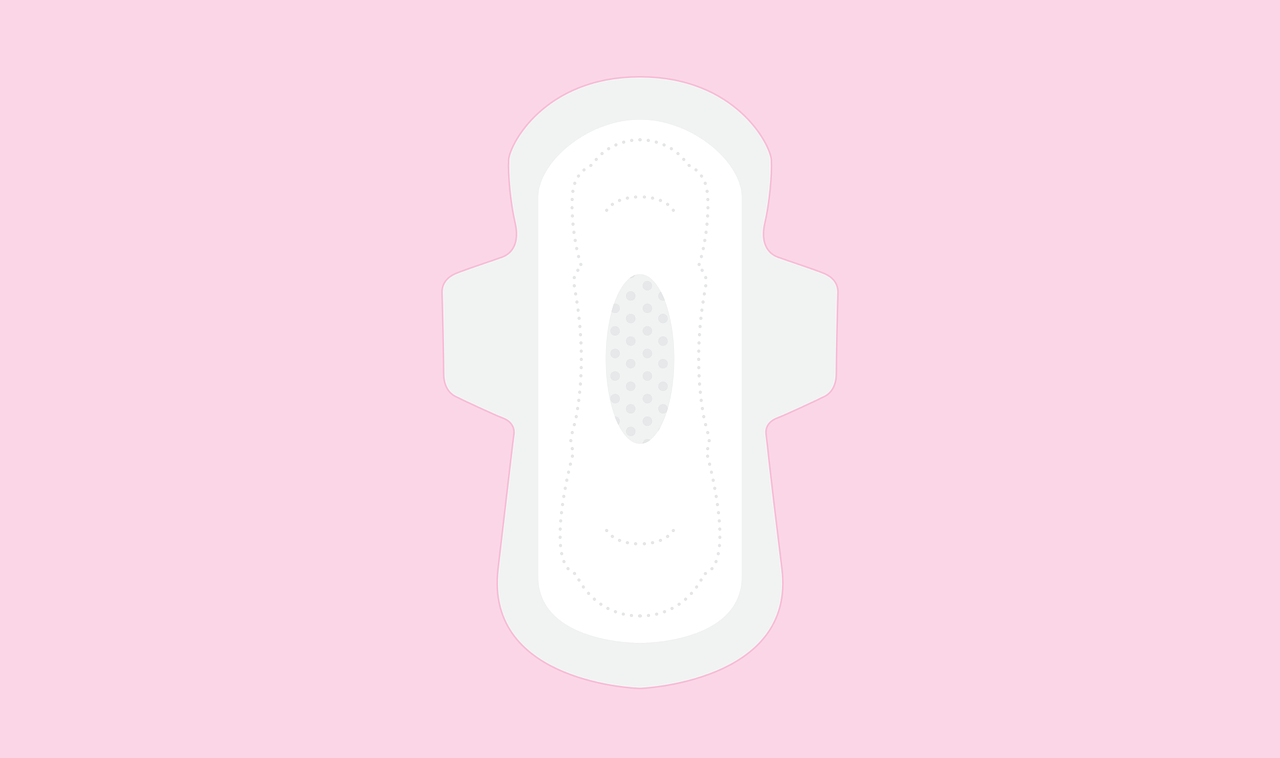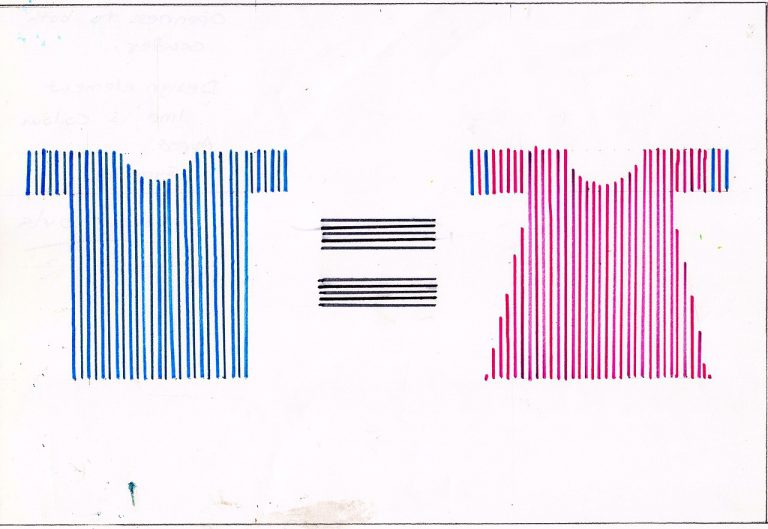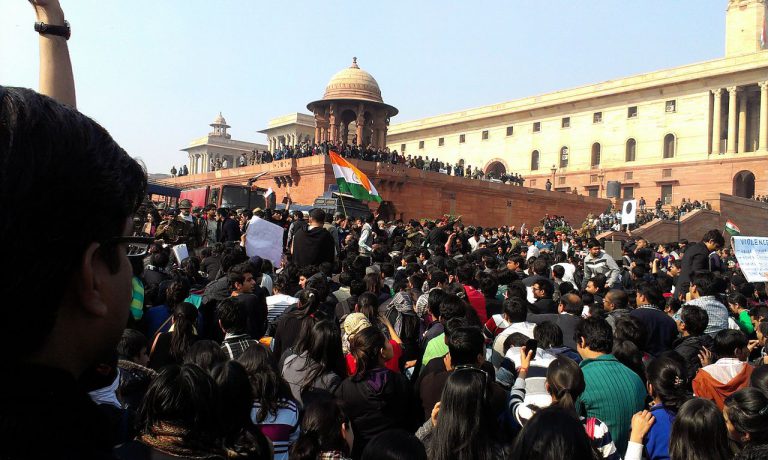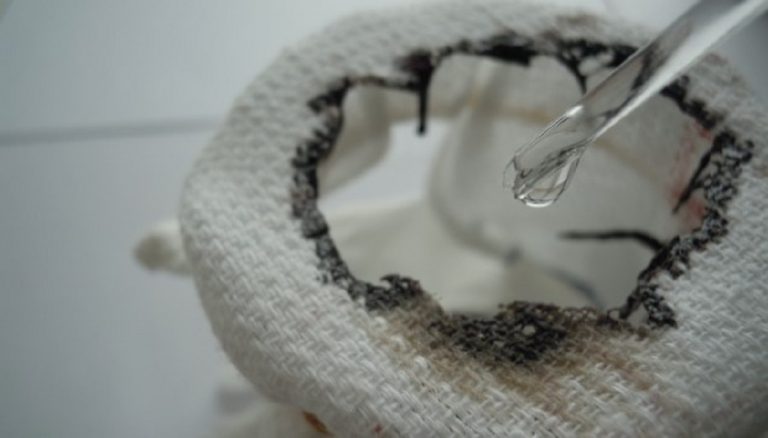Menstruation: Right to bleed with dignity
I am a problem for those who don’t understand me…Call me, periods or menses or menarche, not problem, not curse
By Bhumika Sharma
Whenever I go to my grandmothers home, and by any means I get my periods, people make sure I am always preoccupied with several questions. Did you see whether there is a stain on the bed? Is there a stain on clothes? Am I supposed to sit where I am now? Am I sitting on that white bed sheet where I should not be? The world would not miss a chance to make sure I do not commit a mistake.
There are established social norms or unwritten rules and practices about managing menstruation and interacting with menstruating women. Various cultures around the world have secret codes and practices around managing periods. For most women, the menstrual etiquette followed by them are so ingrained that they never question it. Different cultures interpreted this process differently.
Adolescence—the period of transition from childhood to adulthood—is characterized by significant biological changes and is a milestone of puberty. Menarche marks the beginning of a woman’s menstrual and reproductive life. Menstruation is the biological process in which the blood is discharged from the female genitals every month when there is an absence of sexual intercourse between a male and female.
Many a time, popular public do not understand that periods are just regular; that it is not an illness or any disease. It is a recurrent natural biological event in every woman’s life. However, it carries historically and socio-culturally determined sets of attitudes, expectations, and beliefs that are intertwined with the roles of women in society. Two examples from recent times:
- The issue of restricting the entry of women in temples and a few dargahs in India has induced reactions from various intellectual, spiritual leaders and the youth
- 70 girls were stripped to check who was menstruating at Kasturba Gandhi Residential School, in Muzaffarnagar by the warden
Dearth of awareness and infrastructure

Millions of women in low-resource settings are not well prepared when menstruation begins. They lack access to knowledge, products, and hygienic infrastructure needed to manage menstruation comfortably. It requires logistics, including waste disposal mechanisms, soap, and water for washing; and safe, private, and accessible toilets. They are not readily available in more impoverished regions.
Sometimes, unhygienic substances such as sand, sawdust, leaves, and ash are still used to deal with menstruation. It was not until 2016 that the researcher had any idea that periods are managed by use of things other than old rags and sanitary pads.
Hygienically managing menstruation is a basic necessity and right for all women. Isolation of the menstruating girls and restrictions imposed on them in the family are rampant in various societies. The age when adolescent girls need a safe environment with guidance to ensure their essential health and well-being is over-powered by negative attitudes towards the phenomenon of menstruation.
Restrictions, rules, confinement, and changed expectations are the key-words for them after the arrival of periods. Some norms also require girls and women to alter daily routines while menstruating.
Menstrual Hygiene Management
Menstrual hygiene management (MHM) is part of the overall efforts within Sexual and Reproductive health and rights. MHM is a cross-cutting human rights issue that relates to economic and social rights, including the right to health, education, and work. Women and girls should be able to manage the period in safety, privacy, and dignity.
They must have access to and using hygienic materials together with the provision of adequate water and soap for washing and bathing and assuring proper collection and safe disposal of sanitary products at home, schools/colleges, institutions, and workplaces and in public places.
The health effects for menstruating women of long-term continuous exposure by suppressing one’s period, especially the risks of blood clots and breast cancer and the impact on later fertility, are not well known. Awareness against menstrual suppression. Various forms of hormonal contraceptives to delay and even suppress periods are in existence – Norethisterone, Depo-Provera, Seasonale, etc. These drugs have various side effects) or cycle-stopping contraception must exist.
Awareness about Menstruation

Menstrual Hygiene Day was created in 2014 by a German-based NGO WASH United to publicly recognize the right of women to manage their menstruation wherever they are, hygienically. By acknowledging that menstruation is a normal human process and a sign of good health, Menstrual Hygiene Day (28 May) confronts the stigmas attached to menstruation with collective advocacy, education, and action. The shame around discussing menstruation must end.
The fight for respect for the women in menstruation extends beyond their right to enter places of worship. It rather extends to access to proper sanitary napkins and a balanced diet for them. The knowledge must not be restricted to girls and women but must include growing boys and others. It is the participation of various members of the society that would make dignified menstruation – a reality. Schools, colleges, and offices must conduct awareness campaigns so that people understand what menstruation is.
Right to bleed with dignity
Since the 1970s, a new wave of activism emerged called menstrual activism or period activism in the United States. The movement started in the 1970s as a reaction to toxic shock syndrome, a rare and sometimes fatal condition that can be caused when bacteria grow in tampons worn to absorb menstrual bleeding. The movement focuses on a woman’s own comfort.
The movement has also led to free products for women in school bathrooms. More recently, efforts have been made to extend this movement to trans men who also menstruate as part of “menstrual equality”. Some campuses are adding free menstrual products to men’s bathrooms as well in the United States claiming unheard rights for menstruation.
These movements have led to emphasis on how menstruation as closely related to several human rights.
Menstruation and human rights
Right to Water and Sanitation
Lack of sanitation obstructs the right to life and health and thwarts the right to dignity. On 28 July 2010, the United Nations General Assembly explicitly recognized the human right to water and sanitation and acknowledged that clean drinking water and sanitation are essential to the realization of all human rights.
Under Sustainable Development Goals (SDGs) adopted in September 2015, the global community has resolved to fix this and achieve safe Water, Sanitation, and good Hygiene (WASH) for all people by 2030 around the world.
The right to human dignity
When women and girls cannot access safe bathing facilities and safe and effective means of managing their menstrual hygiene, they are not able to manage their menstruation with dignity. Menstruation-related teasing, exclusion, and shame also undermine the right to human dignity.
The right to an adequate standard of health and well-being
Women and girls may experience negative health consequences when they lack the supplies and facilities to manage their menstrual hygiene.
Menstruation stigma can also prevent women and girls from seeking treatment for menstruation-related disorders or pain, adversely affecting their health and well-being.
The right to education
Lack of a safe place or ability to manage menstrual hygiene as well as a lack of medication to treat menstruation-related pain, can all contribute to higher rates of school absenteeism and poor educational outcomes. Some studies have confirmed that when girls are unable to manage menstruation in school adequately, their school attendance and performance suffer.
The right to work
Poor access to safe means of managing menstrual hygiene and lack of medication to treat menstruation-related disorders or pain also limit job opportunities for women and girls. They may refrain from taking specific jobs, or they may be forced to forgo working hours and wages. Menstruation-related needs, such as bathroom breaks, may be penalized, leading to unequal working conditions. And women and girls may face workplace discrimination related to menstruation taboos.
Right to Body Literacy and Informed Decisions about Hormonal Control of Periods
Well-informed decisions based on “body literacy” must be made. When girls are more knowledgeable about their bodies and fertility, and able to manage their menstrual hygiene effectively, they may be more empowered and better equipped to handle their long term sexual and reproductive health, including family planning.
There are very few people and organizations educating institutions about menstruation process, menstrual hygiene, health, and sanitation, but is that enough is my question to you. Think about what can you do to change the perspective as to how menstruation is seen or taken in our society and around the world.
Dega Ramya Tulasi is a post-graduate student at University of Madras in Financial Economics. She is a civil services aspirant and a contributing writer at The ArmChair Journal.
Featured Image Credits: Needpix









Readers' Reviews (2 replies)